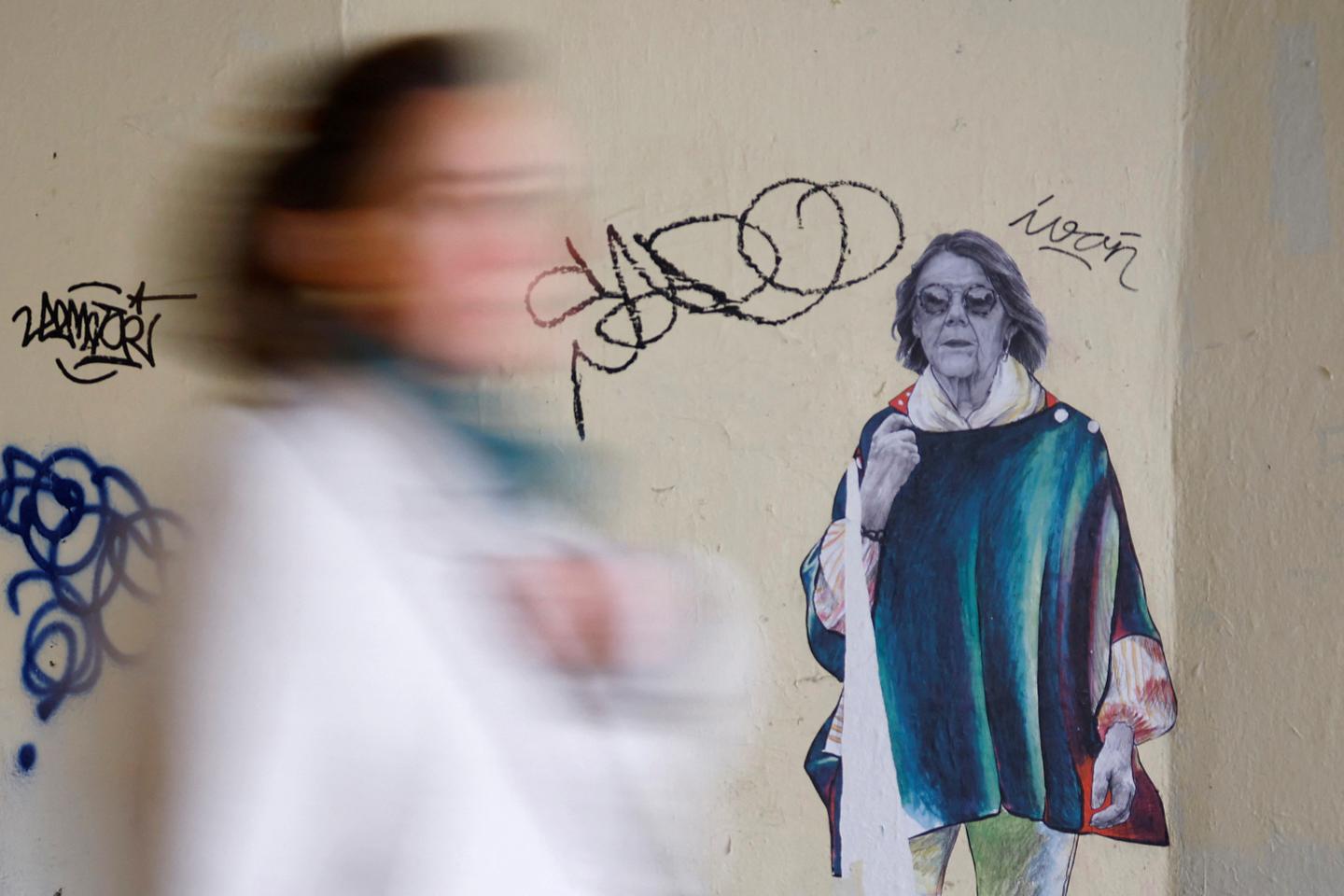


The facts have now been well established, both by grassroots associations and by research on gender in the human and social sciences, and the trial of the men accused of raping Gisèle Pelicot while she was drugged is an opportunity to reiterate them: The vast majority of rapes are committed by adult men known to the victim, and all social backgrounds are concerned.
This kind of violence is normalized by dominant representations of virility and heterosexuality. In both popular and legitimate culture, the sexual coercion of women by men is readily presented as desirable: Far from being just the preserve of pornography or dark romance, these scenarios can also be found in auteur cinema and children's cartoons.
Sexual violence cannot be explained by a single source of cultural influence that can be isolated and censored. Men's willingness to dominate and coerce is part of a socialization to heterosexual virility, which is itself fostered by a patriarchal cultural environment.
Active production of ignorance
For heterosexual men, this means deconstructing and reconstructing their relationship with women, with other men and with themselves.
Yet many of them still think they're above the problem. They are too educated, adult, normal and responsible to be reduced to vulgar rapists. Acknowledging that the way in which one has learned virility and heterosexuality makes one a potential perpetrator of violence is indeed an uncomfortable position, and rape is, in fact, a topic that tends to fire up those likely to suffer it more than those likely to commit it.
Unfortunately, sexual violence is not only down to a lack of education, but also to a lack of interest and activism on the part of men. Their ignorance of feminist knowledge on sexual violence is also linked to a desire to remain in their comfort zone, in their perimeter of privilege, in their dominant status.
Faced with this active production of ignorance, educating men to engage them in the prevention of gender-based violence is first and foremost a long-term task, because men don't change overnight. It's also a complex task, since it requires pedagogical reflexivity in order to position oneself comprehensively in relation to denial of violence; but it's also a tedious and thankless job, which is sometimes considered "women's work," and sometimes denigrated as "castrating" and "a killjoy."
Despite these difficulties, this work is carried out on a daily basis by women activists, social media activists, school outreach workers and teachers committed to equality – much more often by women than men. Whether professional or volunteer, the common denominator is that this feminist work to prevent gender-based violence is not recognized for its true worth.
You have 42.76% of this article left to read. The rest is for subscribers only.
